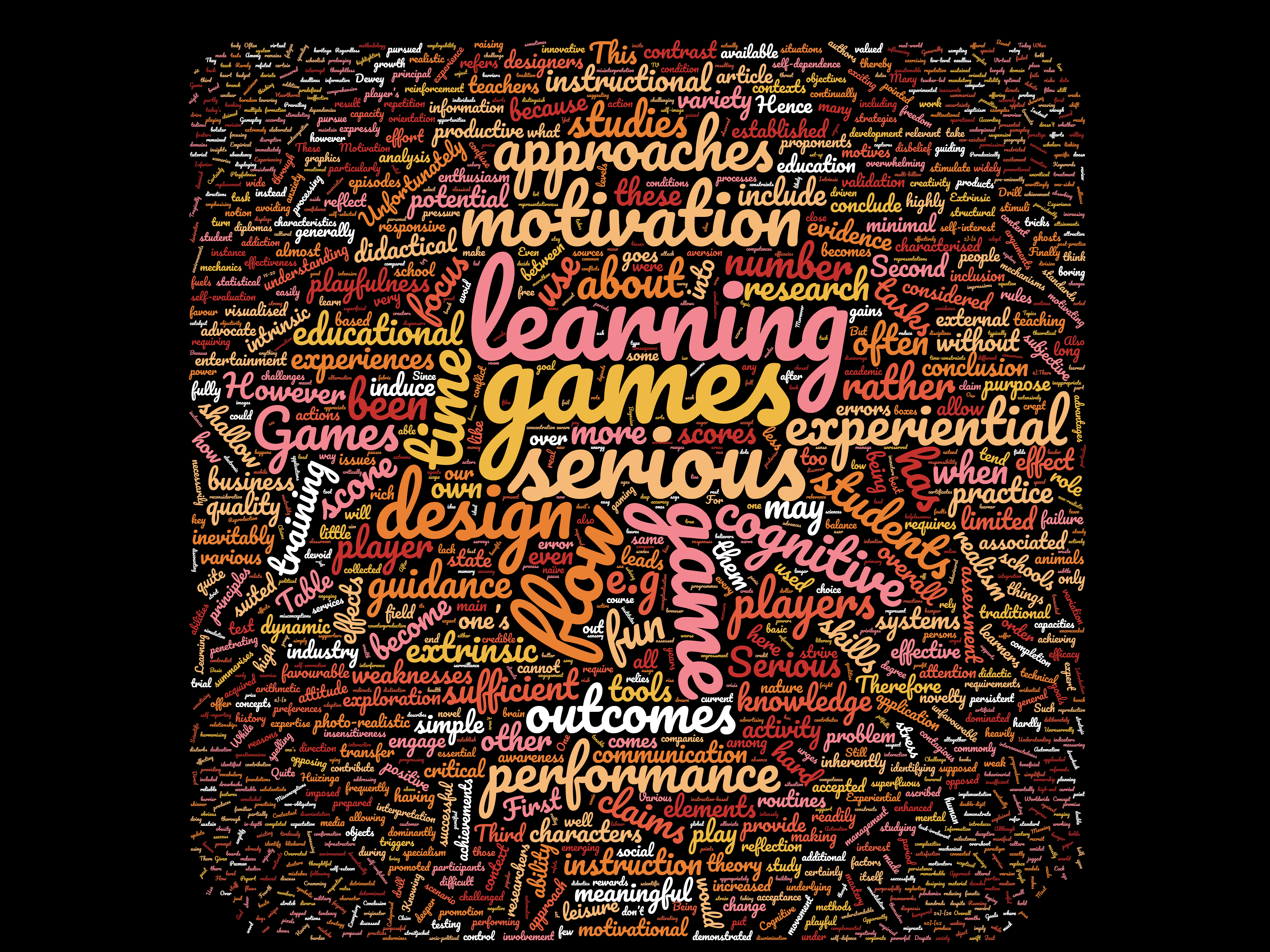The devil’s advocate: identifying persistent problems in serious game design
DOI:
https://doi.org/10.17083/ijsg.v9i3.547Keywords:
serious games, experiential learning, cognitive flow, motivation, score, performanceAbstract
After a long period of steady growth, games for learning and training (serious games) have become well accepted as productive teaching tools. This article argues, however, that a number of persistent weaknesses in current serious game design practice pose a barrier to harnessing the games´ full educational potential. For serious game designers it is quite a challenge to maintain a subtle and critical balance between gaming elements and didactic elements. Quite commonly counterproductive game preferences are being used that favour player experiences above learning efficacy, thereby neglecting established knowledge from instructional design, student guidance and assessment of learning outcomes. By taking up the role of the devil’s advocate, this article takes a critical look at current serious game design routines. The issues that are discussed include experiential learning, cognitive flow, motivation, scores and realism in serious games, among other things. Each topic is elaborated with reference to established educational research and is concluded and summarised with a claim. The main purpose of this article is to contribute to the overall quality of serious game design by identifying and opposing unfavourable design routines.

Downloads
Published
Issue
Section
License
Copyright (c) 2022 Wim Westera

This work is licensed under a Creative Commons Attribution-NonCommercial-NoDerivatives 4.0 International License.
IJSG copyright information is provided here.